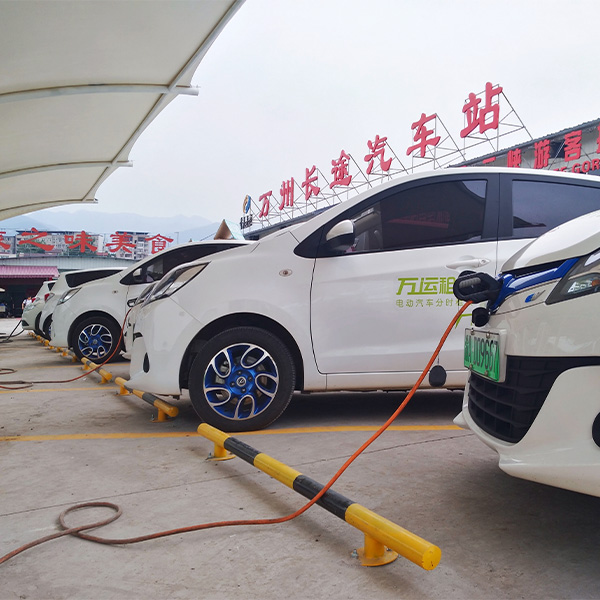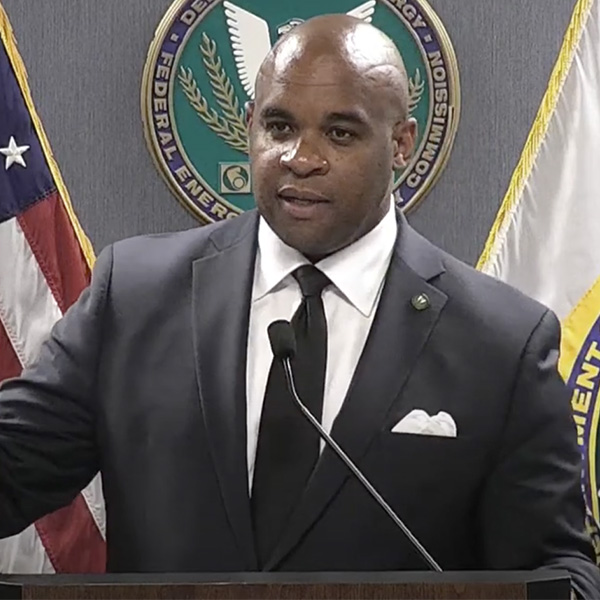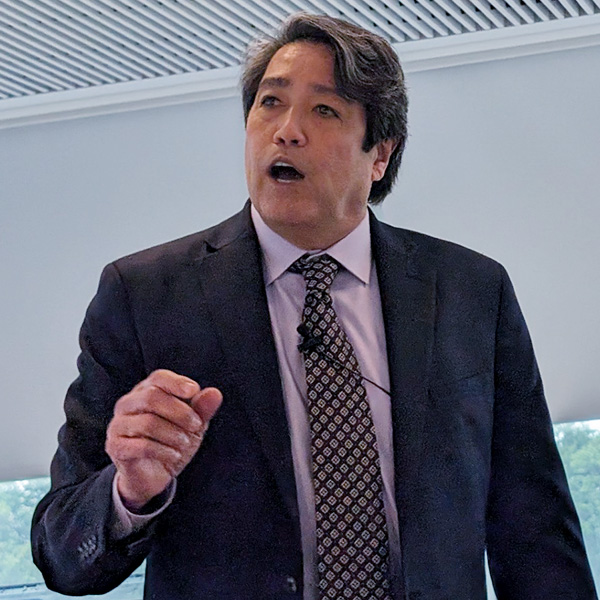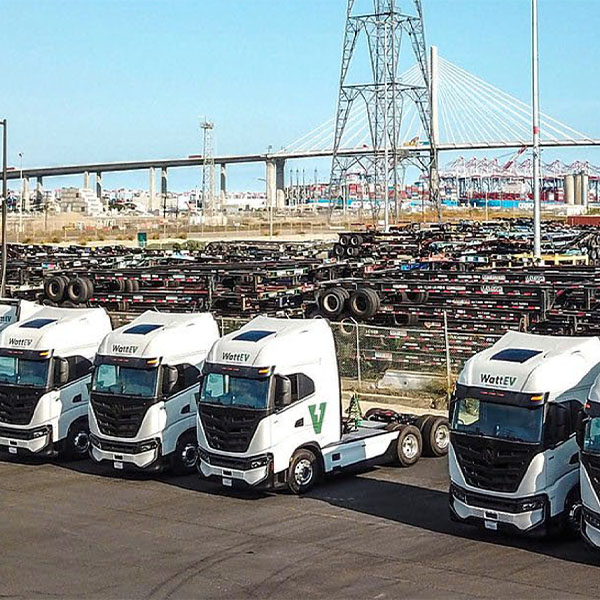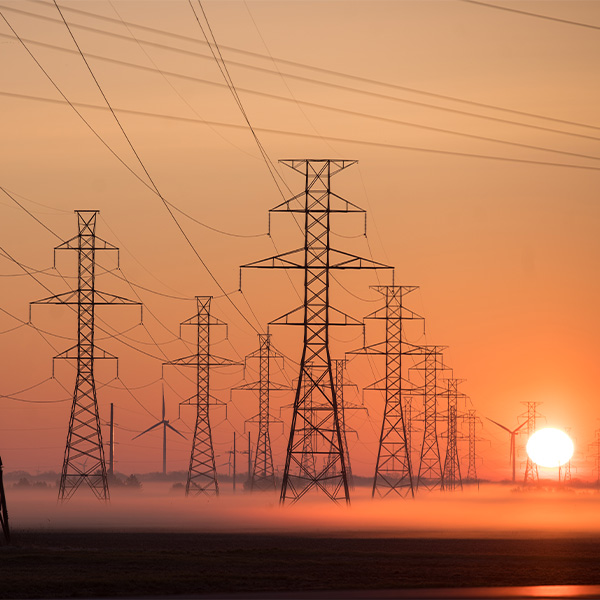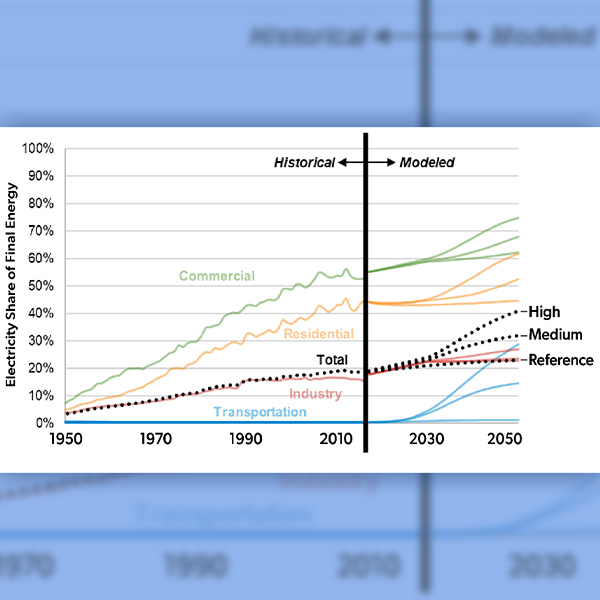NetZero Insider
Agriculture & Land UseBuilding DecarbonizationCookingEnergy EfficiencySpace HeatingWater HeatingCommentary & Special ReportsConference coverageCompany NewsEquity & EconomicsEmployment & Economic ImpactEnvironmental & Social JusticeFederal PolicyCongressDepartment of EnergyLoan Programs Office (LPO)Department of TransportationEnvironmental Protection AgencyFederal Energy Regulatory CommissionGeneral Services Administration (GSA)Interior DepartmentBureau of Land ManagementBureau of Ocean Energy ManagementNuclear Regulatory CommissionTreasury DepartmentWhite HouseGeneration & FuelsBioenergyFossil FuelsCoalNatural GasGeothermalHydrogenNuclearSMRRenewable PowerCommunity solarHydropowerOffshore Wind PowerOnshore Wind PowerSolar PowerRooftop solarUtility scale solarImpact & AdaptationIndustrial DecarbonizationState and Local PolicyAlabamaArizonaCaliforniaCA LegislationCalifornia Air Resources Board (CARB)California Energy Commission (CEC)California Public Utilities Commission (CPUC)ColoradoConnecticutDelawareDistrict of ColumbiaFloridaGeorgiaHawaiiIdahoIllinoisIndianaLouisianaMaineMarylandMassachusettsMichiganMississippiMissouriMontanaNevadaNew HampshireNew JerseyNew MexicoNew YorkNYSERDAPublic Service CommissionNorth CarolinaOhioOregonPennsylvaniaRhode IslandSouth CarolinaTennesseeTexasUtahVermontVirginiaWashingtonWest VirginiaWisconsinWyomingTechnologyCarbon CaptureTransmission & DistributionEnergy StorageMicrogridsTransportation DecarbonizationAirplane DecarbonizationEV chargersHeavy-duty vehiclesBattery Electric Buses (BEB)Fuel Cell Electric Buses (FCEB)Light-duty vehiclesBattery Electric VehiclesFuel Cell VehiclesPlug-in hybrid electric vehiclesShip electrificationClean Ports
Developers of floating offshore wind are calling on the California Public Utilities Commission to increase procurement targets to 10 GW by 2035.
The promise of doing well for both the environment and the economy and the obstacles to doing so were highlighted as the 2024 edition of New York’s energy storage industry conference opened.
President Joe Biden directed the U.S. trade representative to slap steep new tariffs on Chinese goods, including semiconductors, solar cells, battery components and electric vehicles.
FERC issued Order 1920, its long-awaited final rule on long-term regional transmission planning and cost allocation, but it could not fulfill hopes for a unanimous vote.
In Boston and throughout the broader region, climate-fueled extreme weather events are already putting stress on essential energy infrastructure.
A new Berkeley Lab report finds that a combination of aggressive demand and supply side measures could slash greenhouse gas emissions in the building sector 91% below 2005 levels by 2050.
Environmental groups are urging the California Energy Commission to use the state’s remaining $233 million in NEVI funds to build chargers for the surge of electric trucks expected in the next decade.
FERC is taking the rare step of holding a special open meeting May 13, a Monday, to vote on a proposal to overhaul its transmission planning and cost allocation rules.
Republican state attorneys general sued EPA seeking to stop implementation of the agency’s final rule aimed at slashing greenhouse gas emissions from existing coal plants and new natural gas plants.
Want more? Advanced Search


